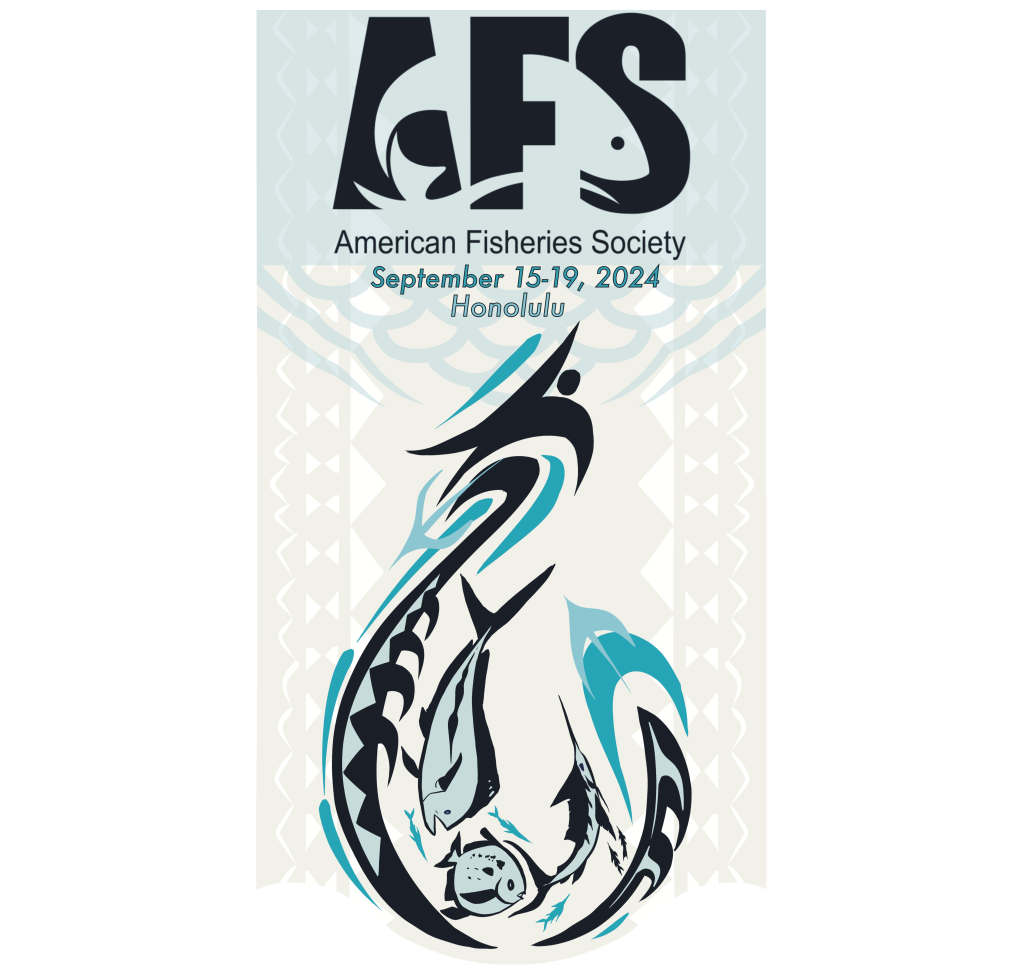Anthropogenic changes to estuarine habitats have given rise to restoration projects all over the world. Whether the changes in an estuary are negative due to habitat degradation or positive due to successful restoration efforts, they inevitably affect inhabiting fish communities. These communities are the focal point for many stakeholders, and thus managers have a vested interest in guiding decisions derived from fish and other faunal ecological indicators. However, estuarine conditions are in constant flux, and species are highly adaptable and mobile, making data interpretation challenging. Mobile species can change locations in response to changing conditions, adding a layer of complexity to linking anthropogenic impact or benefits from restoration to organismal response. This symposium aims to gain insight into a simple question with many complex answers: How can mobile fauna be used as indicators of ecological condition to assess the impact of anthropogenic change, including the success of estuarine restoration efforts?
Organizer: Mark Barton, South Florida Water Management District, [email protected]
Co-organizers: Sarah Webb
Supported by: SFWMD (West Palm Beach, FL)
